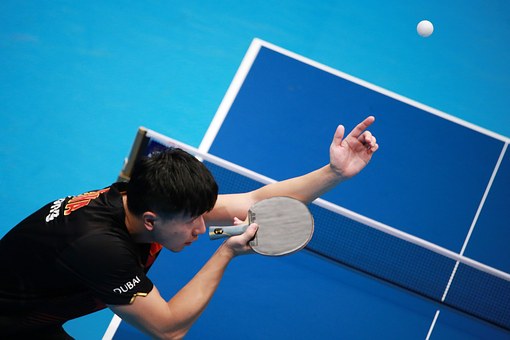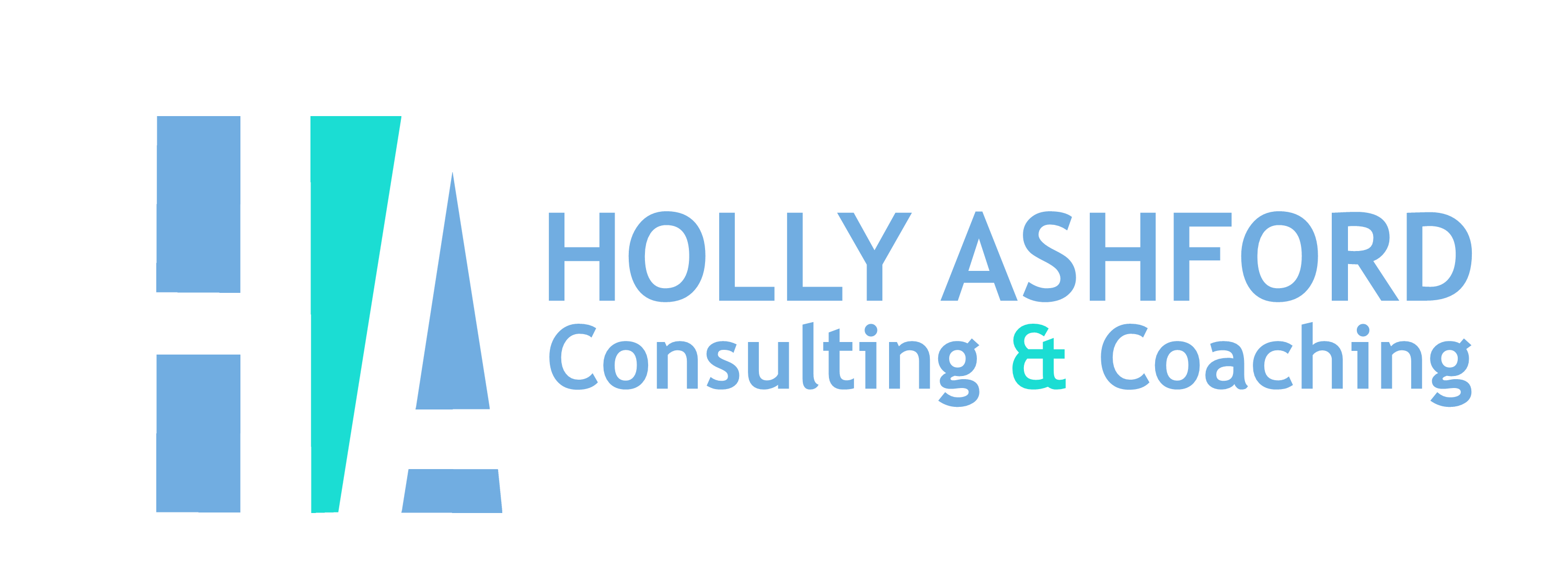
How to win at ping pong…
After a phenomenal 2016 Olympics in Rio, I thought I would share with you how the Chinese have won the Olympic gold medal in ping pong more than any other nation – this year being no exception when they won all 4 gold medals available.
At the 1984 Olympic Games, after winning another gold medal, the team’s coach was asked, “Tell me about your team’s daily training regimen.” He replied, “We practice eight hours a day perfecting our strengths. Here is our philosophy: If you develop your strengths to the maximum, the strength becomes so great it overwhelms the weakness. Our winning player, you see, plays only his forehand. Even though he cannot play backhand – and his competition knows he cannot play backhand – his forehand is so invincible that it cannot be beaten."
This coaching philosophy is expressed in leadership theory as the “strengths-based leadership theory”, which seeks to improve a company’s success by developing the organization’s strengths.
The key to this proven philosophy is that people have a significantly higher ability to further improve on their strengths versus fixing their weaknesses. This makes sense, right?
To most people it does, but as individuals, we almost always do the opposite and work like crazy to improve our weaknesses, with limited success. You will find hundreds of blogs and articles on improving your weaknesses. Read on for something a little different.
Think about this - if you were to rate yourself 1 out of 10 on data analysis, then with a lot of work maybe that rises to 5 out of 10? Not only would the journey be hard and frustrating, but this area is unlikely ever to be something that is identified as one of your core strengths.
On the other hand, if your communication skills are an 8 out of 10 today, then you could more easily shift them to a 10. This would be a far more fun and rewarding experience, and by focusing on this constantly, you could easily become the go-to person in this area, building expertise, credibility and success.
As you embark on your first graduate job, you can expect more feedback than you’ve ever had before. Someone telling you what you’re great at – your strengths, is always good to hear and gives you a warm fuzzy feeling inside. On the other hand, the words which will hit hardest, and resonate with you longest, will be when you hear about areas where you should focus and improve i.e. your weaknesses.
Don’t let this get you down – follow these 4 key steps to truly stand out:
- Understand your own strengths – what are you good at, what do others praise you for, what tasks always get given to you above others?
- Identify your most important strengths – which apply most to the job you are applying for, or to your current role?
- Invest in further developing your own strengths – make your strengths into super-strengths through learning, practice and feedback from others – that way they will be hard to beat.
- Get support for your weaknesses – as you develop your career, build a network both in and out of work, of people whose strengths are your weaknesses, and lean on them for support and advice.
None of us are, or will ever be, great at everything. So why not understand your key strengths and develop the ones which will lead to greater satisfaction and success?
So what's your forehand?
Find it, and use it consistently - that way you'll develop lasting competitive advantage that is virtually unbeatable.
Holly
Your Business & Career Coach - helping you and your business reach their potential

